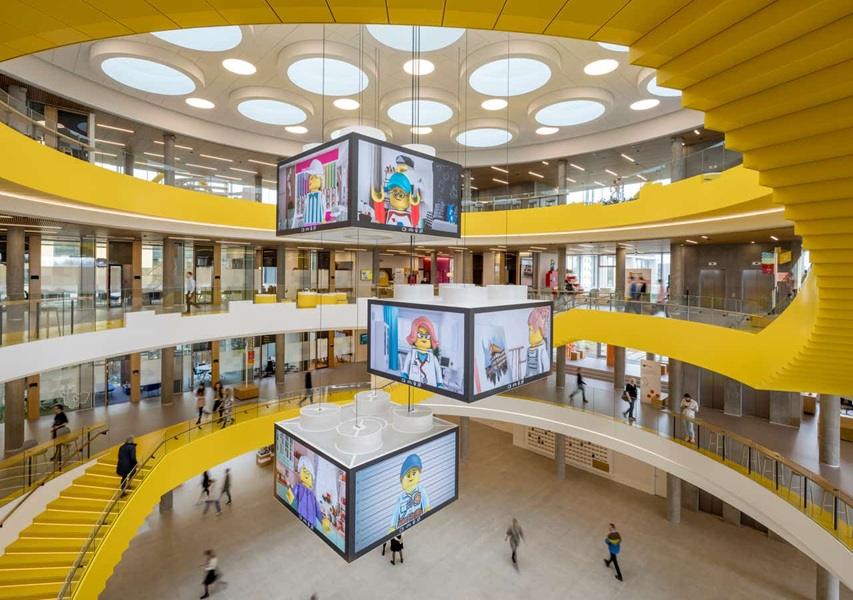The LEGO Group revealed a series of measures that it is taking to phase out the use of natural gas at its production sites in order to reduce its greenhouse gas (GHG) emissions footprint.
LEGO Group has set a series of climate goals, including targets to reach net zero emissions across the value chain by 2050 and to reduce carbon emissions by 37% by 2032, on a 2019 basis. According to the company, phasing out natural gas forms part of its “Zero Impact in Operations” ambition to decouple its impact from its growth.
The company has historically used natural gas to heat its factories, with emissions from natural gas use representing 16,000 tonnes CO₂e in 2023. To solve the challenge of natural gas-based GHG emissions, LEGO highlighted key projects to find alternative sources of heat.
Among the highlighted projects, LEGO Group said that it has drilled two wells at its factory in Nyíregyháza, Hungary, finding a heat source to enable the use of geothermal energy. The company said that over the next two years it will install infrastructure and technology to circulate the hot water from the well through the factory, which it expects to completely eliminate the factory’s reliance on natural gas for heating completely once it is operational in 2028.
The company said that it has also reduced natural gas use by switching to district heating, which is mostly renewables-based, in Billund, Denmark, with 11 buildings transitioned in 2024.
Additionally, LEGO Group said that it installed a new system at its factory in Jiaxing, China to capture and reuse heat from chillers, reducing natural gas used by 50%, and with plans to expand the project, with the goal of completely phasing out natural gas consumption.
LEGO Group said:
“These projects are important milestones on our journey to reduce our operational emissions, and we will continue looking for new and innovative ways to lower our environmental footprint and make our factories more sustainable.”

